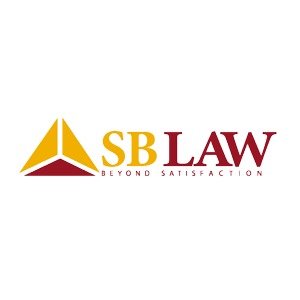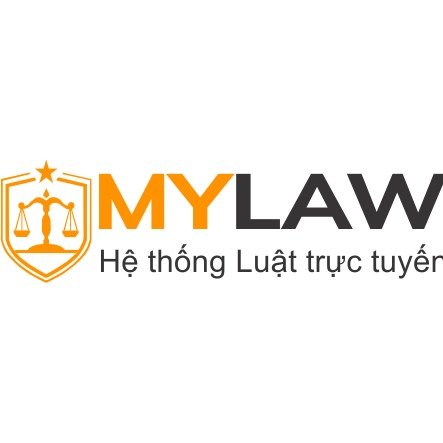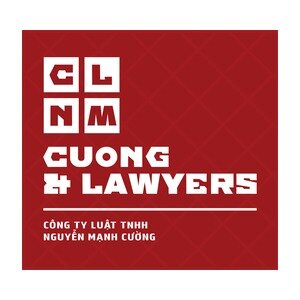Best Tax Increment Financing Lawyers in Hanoi
Share your needs with us, get contacted by law firms.
Free. Takes 2 min.
List of the best lawyers in Hanoi, Vietnam
About Tax Increment Financing Law in Hanoi, Vietnam
Tax Increment Financing (TIF) is a financial tool commonly used by municipalities around the world to encourage economic development in specific areas. In Hanoi, Vietnam, it is utilized as a strategy to incentivize urban renewal and infrastructure improvements by capturing the future increase in property taxes generated by the growth of the area. Through TIF, the increase in tax revenues (or 'increment') is used to finance the initial development costs without having to raise existing tax rates. This method enables both local authorities and private developers to foster urban projects that might otherwise be financially unfeasible.
Why You May Need a Lawyer
There are numerous scenarios where having legal advice in Tax Increment Financing can be crucial:
- Understanding Legal Framework: Navigating the legal complexities of TIF requires a clear understanding of both local and national laws.
- Project Development: Developers need legal guidance to ensure that their projects comply with TIF rules and benefit from available incentives.
- Negotiating Agreements: Lawyers can help in drafting and negotiating the terms of TIF agreements between governmental entities and private investors.
- Dispute Resolution: Legal practitioners may assist in resolving conflicts or discrepancies that may arise during a TIF project.
- Compliance and Monitoring: Ensuring ongoing compliance with the terms of the TIF agreement is essential for both public and private sectors.
Local Laws Overview
The legal structure surrounding TIF in Hanoi is shaped by several key aspects:
- Governmental Regulations: TIF projects in Hanoi are regulated by local governmental bodies that oversee urban planning and development activities. These bodies are responsible for designating TIF districts and approving project plans.
- Tax Code Provisions: The tax code defines how the increment is calculated and allocated, including provisions for assessment, collection, and distribution of funds.
- Public-Private Partnerships: Local laws encourage collaborations between public agencies and private developers, stipulating the roles and responsibilities of each party in TIF agreements.
- Environmental and Zoning Laws: TIF projects must comply with existing environmental and zoning laws to ensure sustainable development.
Frequently Asked Questions
1. What is Tax Increment Financing (TIF)?
Tax Increment Financing is a public financing method used as a subsidy for redevelopment, infrastructure, and other community-improvement projects. It's based on future gains in taxes, which helps fund current projects.
2. Who can initiate a TIF project?
Both local government authorities and private developers can propose TIF projects to foster economic development in targeted districts.
3. What types of projects are eligible for TIF?
Eligible projects typically include infrastructure development, redevelopment of blighted areas, and other public works that stimulate urban growth.
4. How is the tax increment determined?
The tax increment is calculated based on the difference between current property tax revenues and the projected revenues after project completion.
5. Can TIF be used for residential projects?
Yes, TIF can be utilized for residential projects if they contribute to urban renewal and meet the criteria set by the local government.
6. What is the duration of a TIF district?
The duration varies, but it is commonly set between 10 to 25 years, depending on the scope of the project and the associated public benefits.
7. How do developers receive the tax increment funds?
Funds are usually disbursed through reimbursement of approved development costs or through municipal bond financing backed by the future tax increments.
8. Are there risks associated with TIF?
Risks include potential shortfalls in projected tax increments, changes in market conditions, and compliance issues.
9. How does TIF impact local residents?
When executed properly, TIF can lead to improved infrastructure and public services, but it may also result in increased property values and taxes.
10. Do TIF projects require public approval?
Yes, most TIF projects involve public hearings and require approval by relevant local governmental bodies to proceed.
Additional Resources
For legal advice and more information on TIF, consider consulting the following resources:
- Hanoi Department of Planning and Investment
- Vietnam Urban Development Agency
- Legal consultancy firms specializing in urban projects and public finance
- Professional associations like the Vietnam Real Estate Association
- Local universities and institutions offering courses in public administration and urban planning
Next Steps
If you need legal assistance with Tax Increment Financing in Hanoi, consider taking the following steps:
- Research and Consult: Start by researching the basics of TIF and seek initial consultation with legal professionals specialized in urban development or public finance.
- Identify Needs: Clearly outline your specific needs and project goals for the lawyer to identify the best approach and resources.
- Engage a Specialist: Engage a lawyer or legal firm that has expertise in handling TIF projects in Hanoi to guide you through the legal and regulatory requirements.
- Prepare Documentation: Work closely with your lawyer to prepare all necessary documentation and project proposals for submission to local authorities.
- Attend Public Hearings: Participate in any required public meetings or hearings to support your TIF application and address any community concerns.
Lawzana helps you find the best lawyers and law firms in Hanoi through a curated and pre-screened list of qualified legal professionals. Our platform offers rankings and detailed profiles of attorneys and law firms, allowing you to compare based on practice areas, including Tax Increment Financing, experience, and client feedback.
Each profile includes a description of the firm's areas of practice, client reviews, team members and partners, year of establishment, spoken languages, office locations, contact information, social media presence, and any published articles or resources. Most firms on our platform speak English and are experienced in both local and international legal matters.
Get a quote from top-rated law firms in Hanoi, Vietnam — quickly, securely, and without unnecessary hassle.
Disclaimer:
The information provided on this page is for general informational purposes only and does not constitute legal advice. While we strive to ensure the accuracy and relevance of the content, legal information may change over time, and interpretations of the law can vary. You should always consult with a qualified legal professional for advice specific to your situation.
We disclaim all liability for actions taken or not taken based on the content of this page. If you believe any information is incorrect or outdated, please contact us, and we will review and update it where appropriate.

















